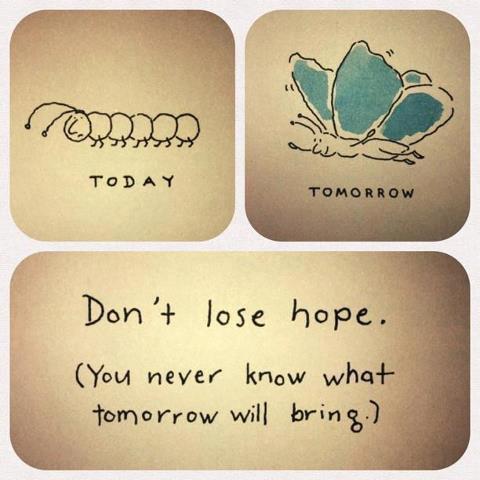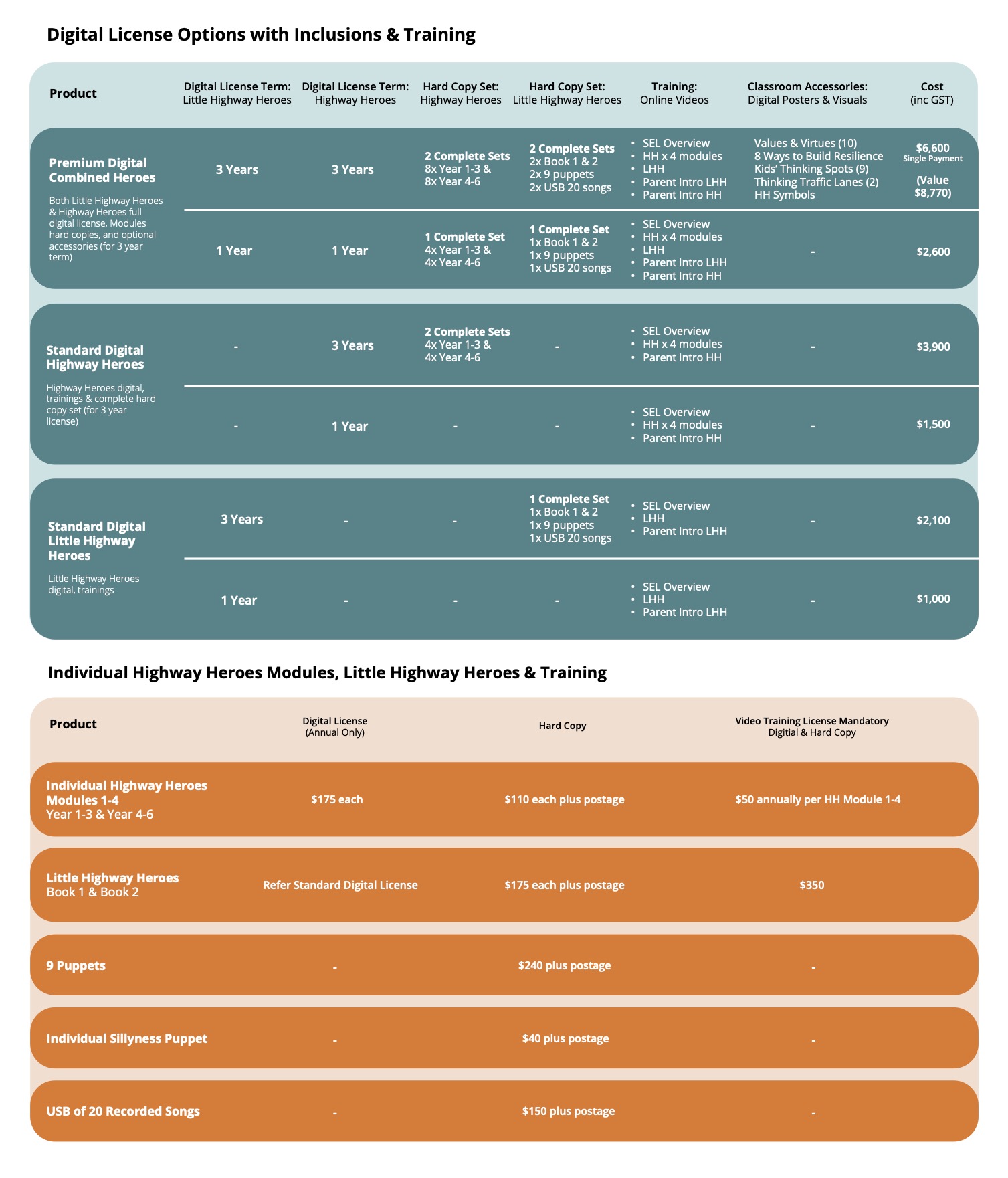“Depression and anxiety are the most prevalent mental disorders experienced by Australians. Depression alone is predicted to be one of the world’s largest health problems by 2020.” Mental Health Council, Australia.
This is Mental Health Week – where national awareness of all things mental health is raised. We’re talking about the big, hot topics of anxiety, depression, suicide… and they are hot topics in light of the statement above from the Mental Health Council, Australia. It’s equally important to take a trip right back to the beginning of those mental health issues.
Life – it happens and it’s not always a ride on a unicorn through a flower-filled park underneath rainbows. Each one of us is born with our own unique genetic blueprint. How tall we’re going to be, how athletic, musical, sensitive… we’re going to be. Then the world steps up to meet us and we become conditioned by our families, environments, peers, educational environment…. And if, as we move through life, we happen upon adversity, we bring our internal package and our environmentally conditioned responses to deal with that adversity.
So, it makes sense that early childhood, the primary school years and the high school years can significantly shape our image of ourselves and how we cope, how we think about life and how healthy our head space is. If that makes sense then surely, we need to be spending more time teaching good, preventative mental health strategies in early childhood and throughout the primary school and high school years. Direct and explicit teaching of social resilience and social management skills, emotional resilience and emotional self-regulation skills and learning resilience and behaviours supporting a positive learning mindset should be part of every child’s home and school language and experience.
So this Mental Health Week, think about the language in your home, your workplace and if you’re a teacher, your classroom. Your words are powerful and become the words of the children in your sphere. Think about how often you have open conversations about how you:
- calm down – what do you do
- talk to yourself about yourself (critic, supporter)
- talk to yourself about your life
- manage the tough stuff when it happens (being assertive is very important – a life skill)
- get through tasks that are boring, repetitive, very hard, too easy
- pick yourself up when life knocks you down
We all need to be having these conversations with children we influence because this is what good, preventative mental health care looks like. The human brain is infinitely changeable and re-wireable (that’s probably a word) so let’s teach children early positive, helpful, optimistic and self-soothing patterns of thinking. As this becomes the default thinking position, when life throws it’s usual and inevitable ‘curly events’ children become better and better at self-managing, decatastrophising, staying calm and being rational. These are the patterns of a lifetime of good mental health.
There is also a huge place for early intervention. Too many times we hear, “He’ll grow out of it.” or “It’s just a phase.” If you are worried about a child in your sphere, please do think about approaching a appropriately qualified practitioner or your GP for a chat and some guidance. The earlier we start working with a child the better the long term mental health outcomes.
Plemental; health weekase do take care of your mental health and that of those around you.


